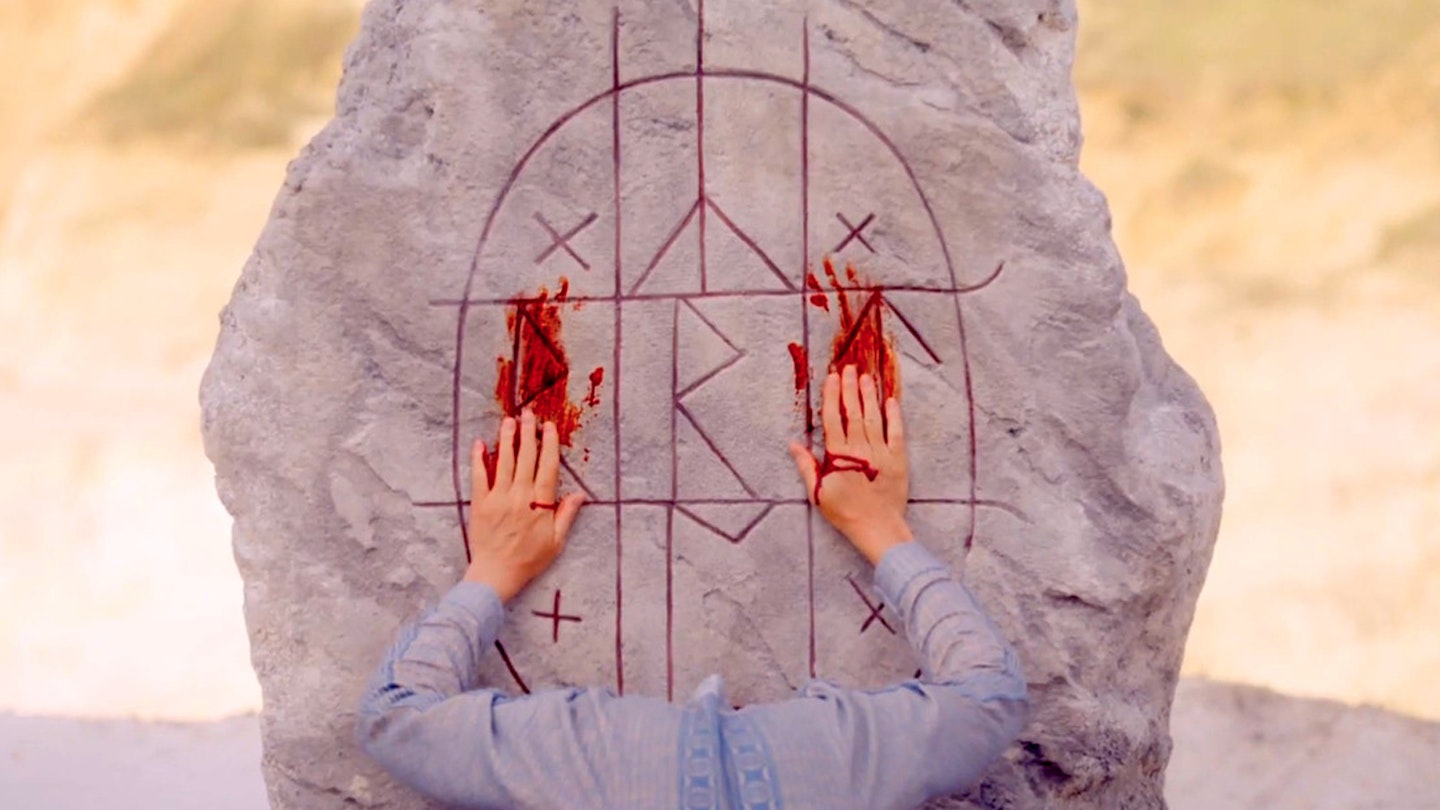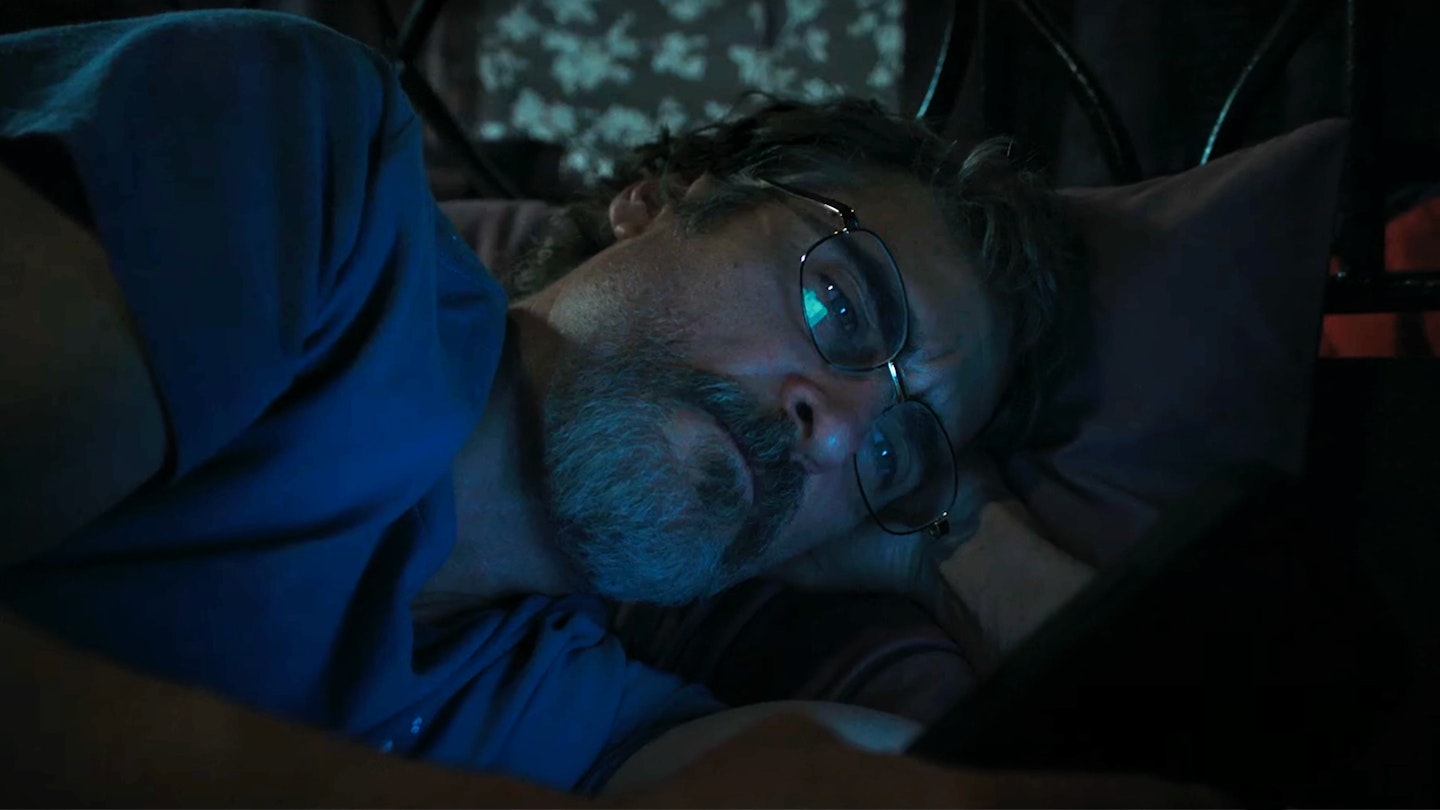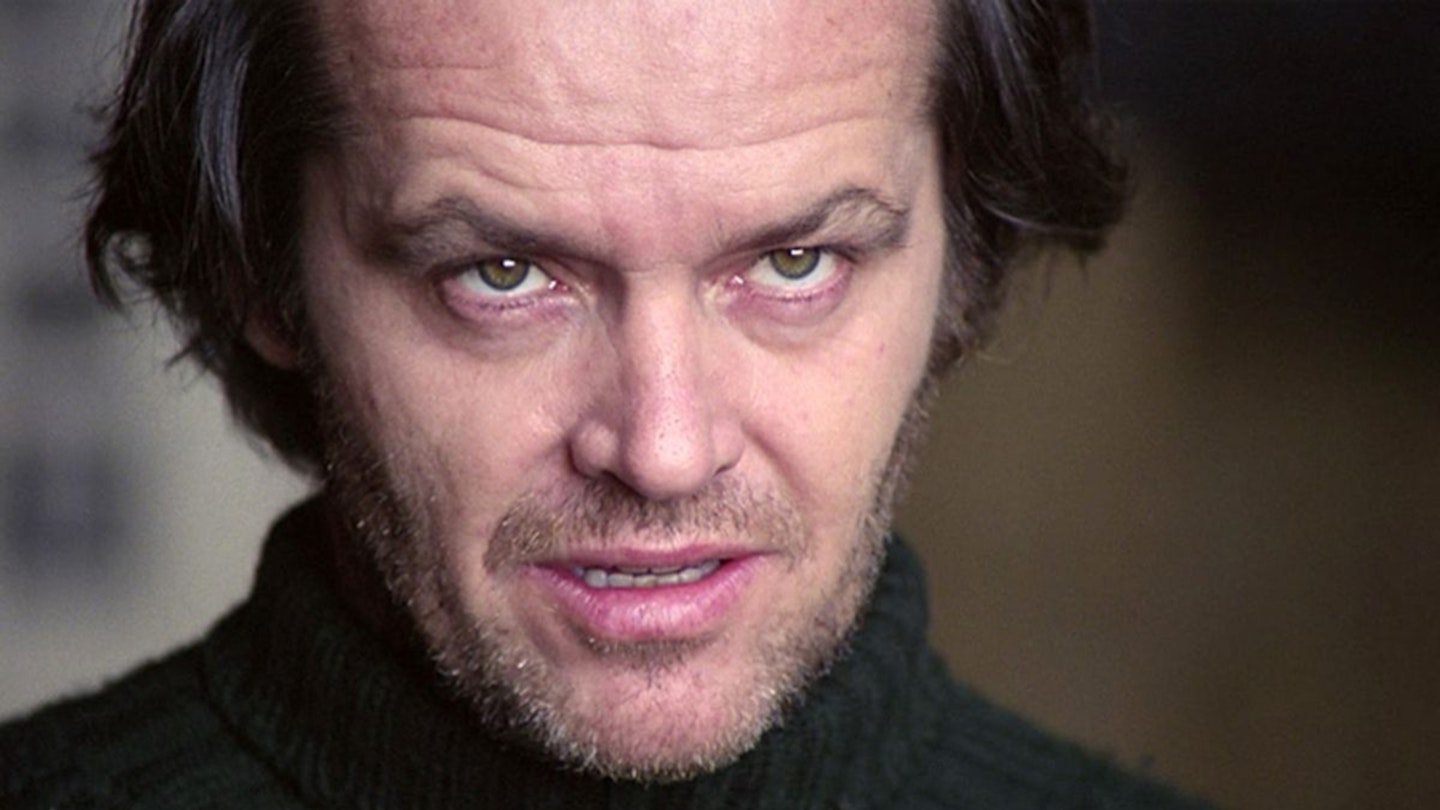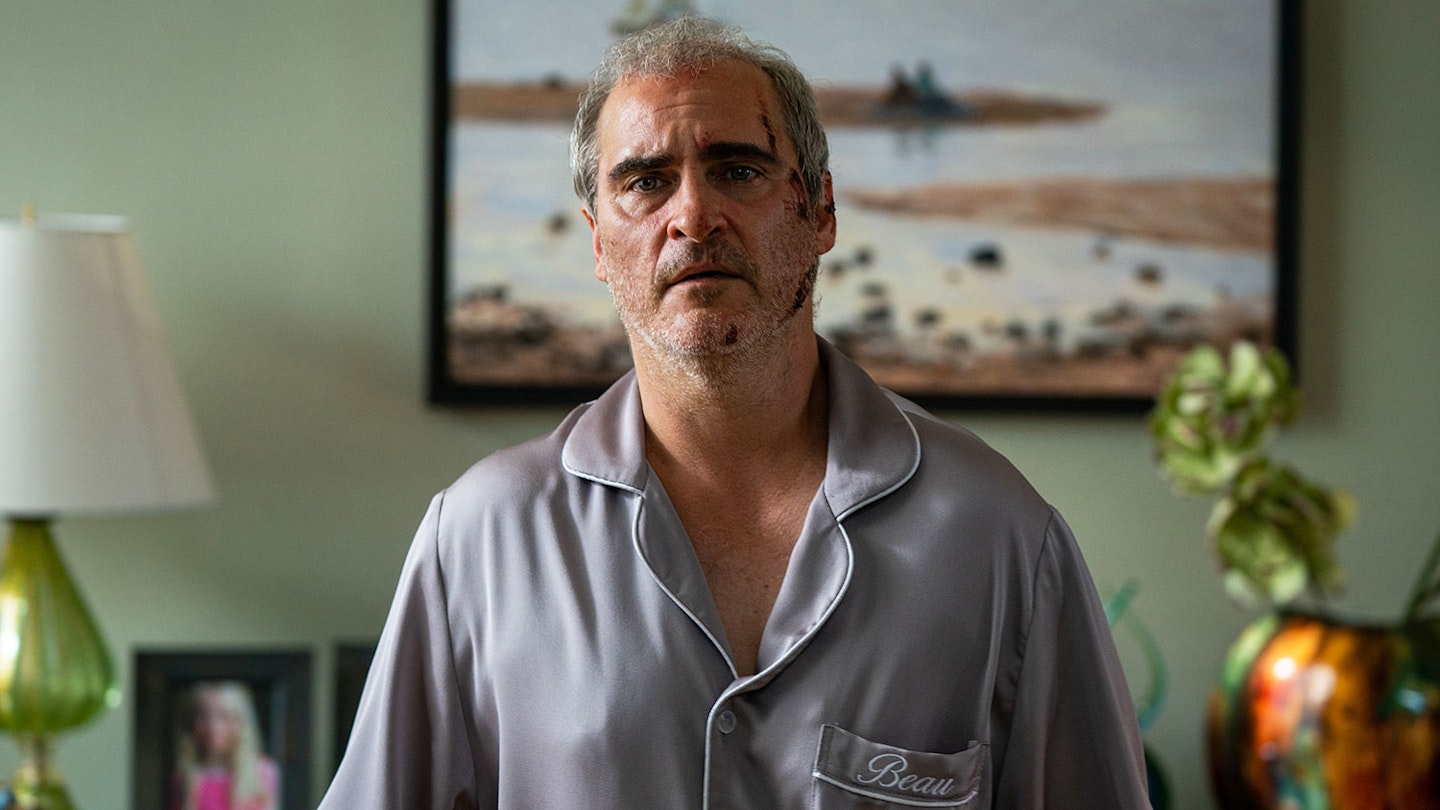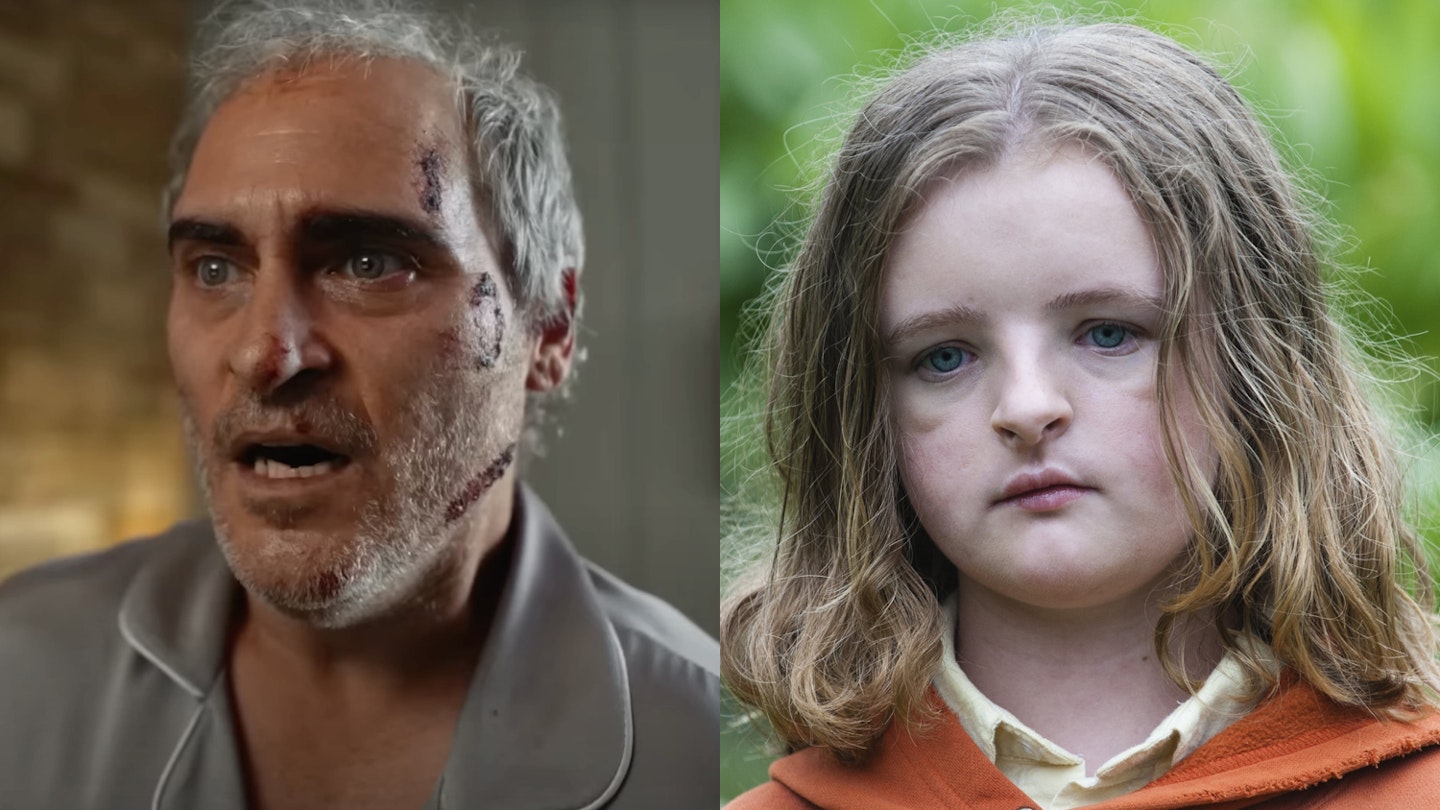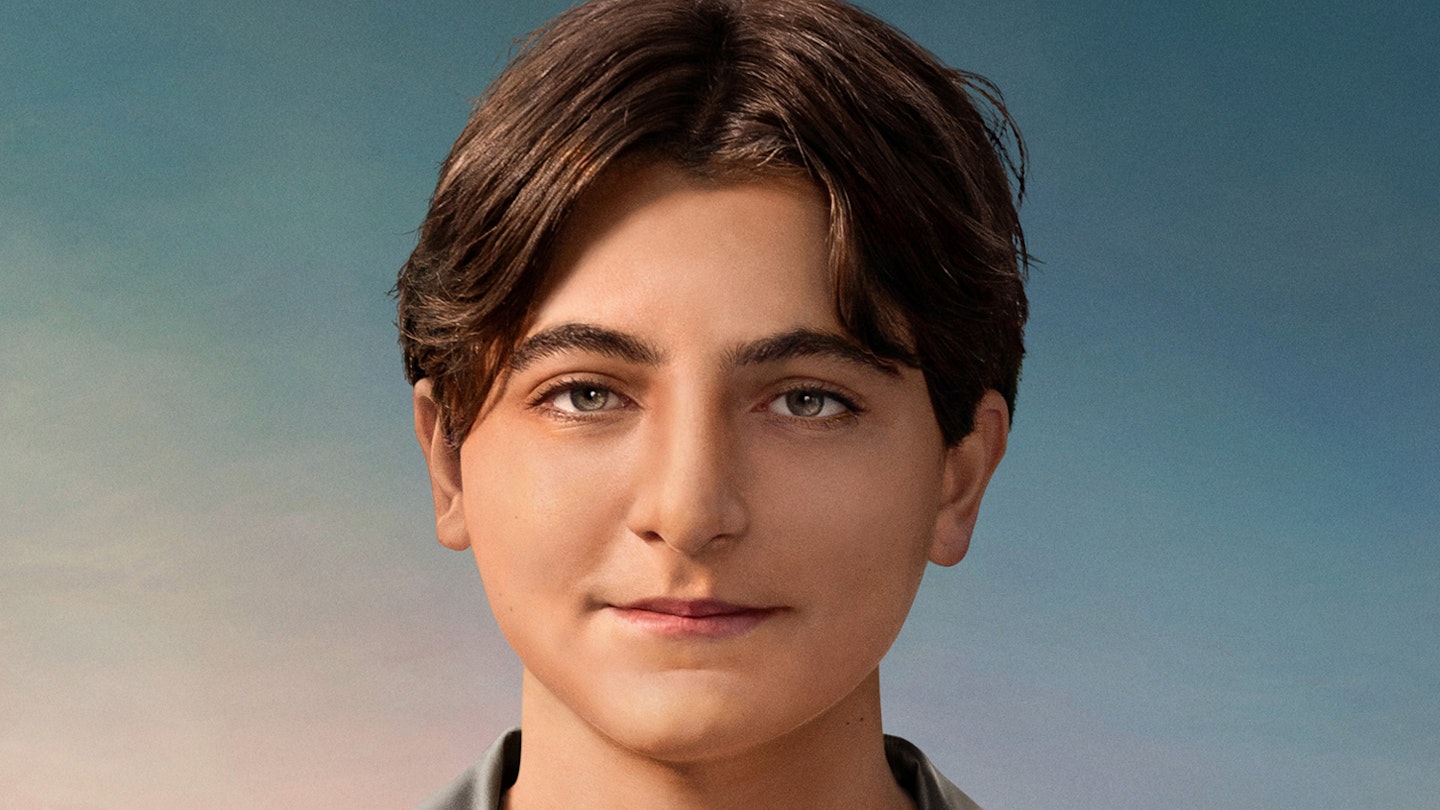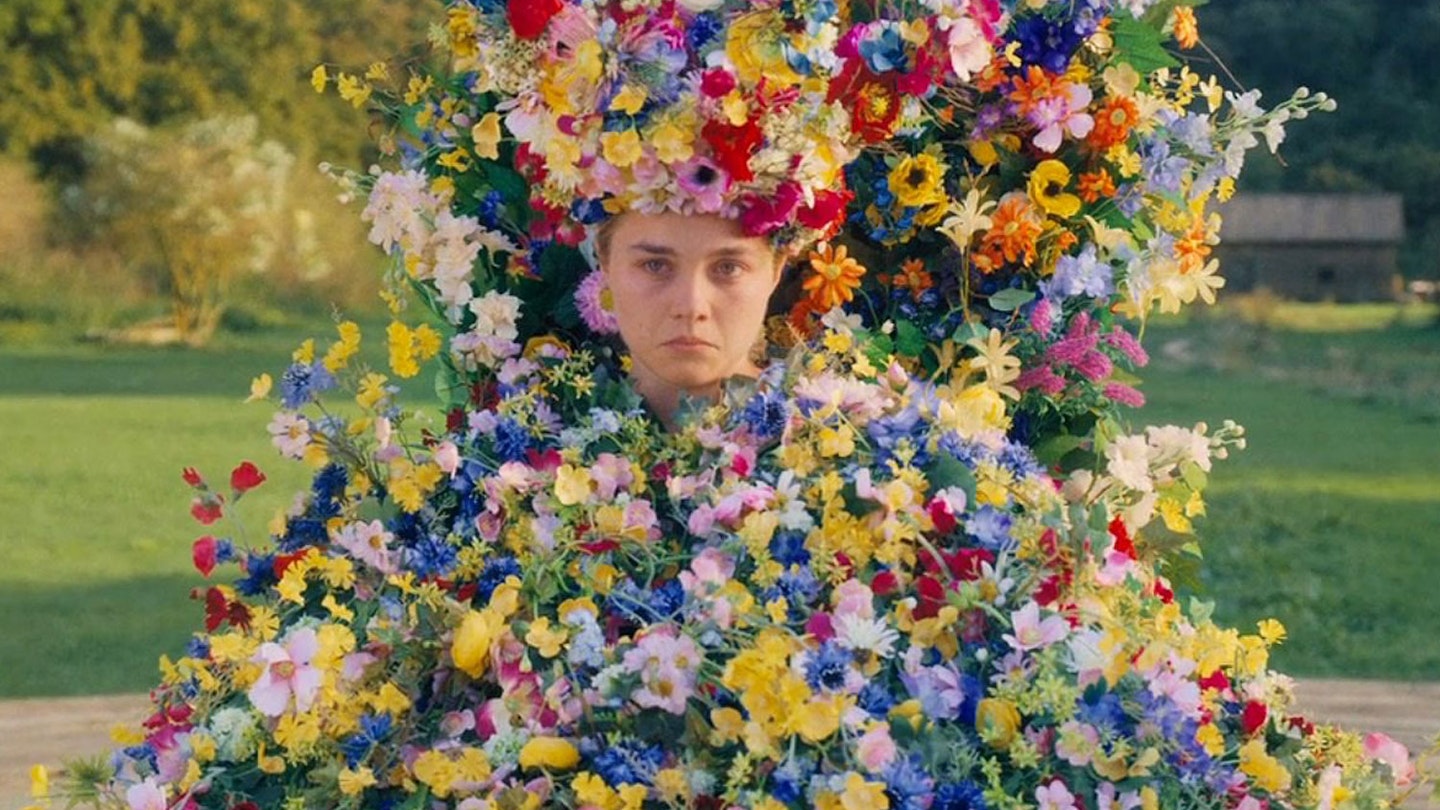To anyone who might be worried that, following the neck-slicing, demon-summoning terrors of Hereditary, Ari Aster has gone Hollywood: fear not. Or rather: fear. Because instead he’s gone Hälsingland. For his second feature film, the writer-director has conjured up an even madder and more ambitious nightmare, set in the remote wilds of northern Sweden and featuring ingredients not usually found in scary movies. The skies are blue. The sun is out. And everywhere are angelic-looking characters, adorned with flowers and dancing merrily. It’s the polar opposite of that bleak, cramped house in Hereditary, yet Aster makes the experience every bit as unsettling, orchestrating the descent from paradise to, well, something else with clinical precision. It’s a virtuoso, bone-shaking, head-spinning experience. The vibe is hard to shake off. And you might not be ordering from Interflora again for a while.
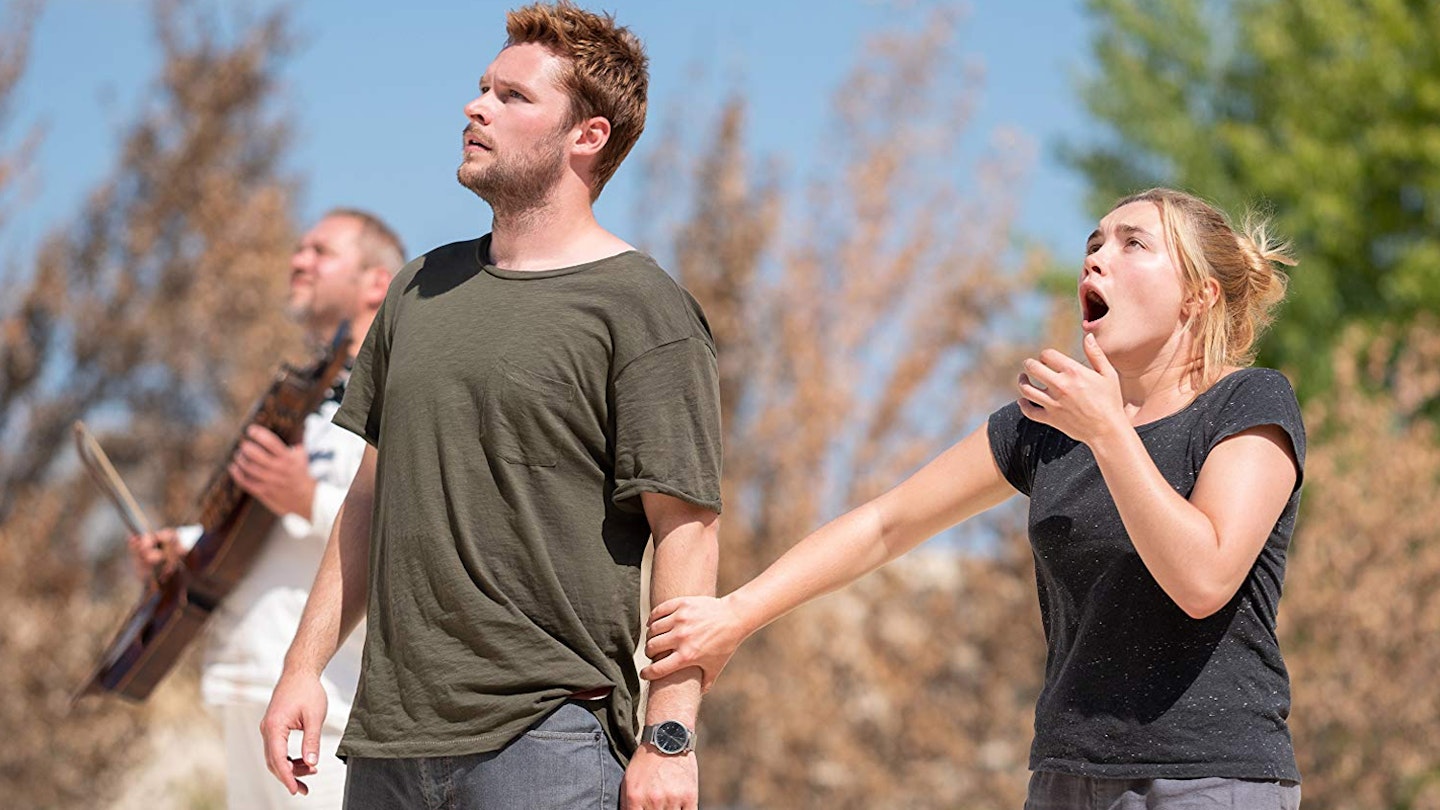
The set-up is vaguely Hostel-y: after an intense prologue in which an awful tragedy befalls the family of Dani (Pugh), she, her boyfriend Christian (Reynor) and his grad-school buddies decide to head to Sweden for a backpacking break. Dani and Christian appear to be on the rocks: she’s afraid she’s leaning too much on him, while his friends urge him to ditch her and play the field. It’s relationship drama played out with operatic intensity, and with bold Asterian licks, like an unflinchingly long shot of Dani on the phone, making clear her mental state, or a slow zoom through a dark window that feels like a plunge into an abyss.
Makes the famous ending of The Wicker Man look like a documentary on the Fyre Festival.
Then we get to Sweden. The film is in no rush to introduce us to the ways of the Harga, the peculiar, ever-smiling tribe who have taken over an idyllic meadow surrounded by forest. There’s a pause for a magic-mushrooms trip, and for Christian’s sleazy pal Mark (Will Poulter) to leer at Nordic women. When they do arrive at the village, we are immediately immersed in ancient rituals that aren’t explained, activities that may or may not be ominous playing out in the background of frames. Aster and his set decorator Henrik Svensson have likewise packed the village’s structures with dense detail that is left enigmatic, though there are clues that something is definitely off. What’s in that big, yellow triangle-shaped building? And exactly why are there so many penises etched on walls?
The shit that goes down — and there is a lot of shit that goes down — is sure to inspire a million memes. After a slow simmer, with the village’s off-ness being ramped up degree by degree, it finally reaches a boil in a climax that makes the famous ending of The Wicker Man look like a documentary on the Fyre Festival. Despite the film’s focus seemingly having turned away from Dani and Christian to the many exotic distractions on display, it turns out it was still a relationship drama after all, and both Pugh and Reynor are extraordinary in a final reel that pushes their characters in some truly extreme directions. Midsommar tests not only its players but its viewers: it’s a ride, however, that any lover of cinema should take.
